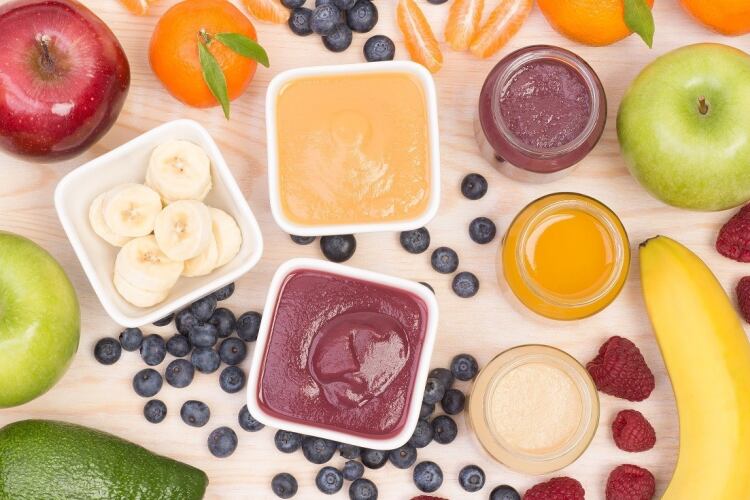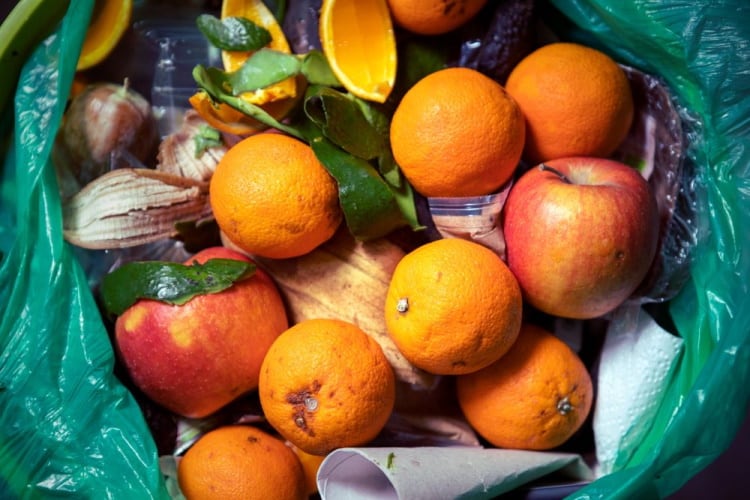Sugar reduction remains a leading trend in the food and beverage sector. “Obesity and diabetes are the number one killers of the 21st century,” explained Gali Yarom, Co-Founder and Co-CEO of Better Juice, a food technology startup.
In the beverage category, consumer awareness around high sugar content in natural fruit juices, for example, is increasing. In response, drinks manufacturers are witnessing reduced juice consumption, Yarom noted. As a result, “fruit juice companies are feeling it in sales”, shared Yarom.
Labels with a short and easy-to-read ingredients list, plant-based sweeteners and non-genetically modified organisms (GMO) food are also key trends in today’s sugar reduction segment, Yishai Potack, CEO of food technology startup B.T. Sweet, identified.
B.T. Sweet has released its plant-based, one-to-one drop-in sugar replacer for multiple food applications, Cambya, to appeal to consumers’ rising calls for less sugar. The product aims to deliver optimal sweetening capacity without the need for masking agents.
Today, manufacturers are exploring ways to apply technology and science to lower the sugar content in popular food and beverage products, resulting in a wave of reformulations hitting the production process.
Reducing sugar from the natural source
While Better Juice acknowledged that most of the companies in the sugar reduction segment are searching for a better-for-you substitute, the brand is taking a different approach by reducing sugar from its natural source.
The startup applies an enzymatic process that uses natural ingredients to convert simple sugars such as fructose, glucose, and sucrose into prebiotic dietary fibres and other non-digestible molecules.
Better Juice aims to maintain the fruit’s full flavour, body, and naturally occurring complement of vitamins and nutrients. By implementing its technology and process, the brand states it can reduce up to 80% of sugars in natural fruit juices and fruit-based compositions, such as purées.
Most companies operating in the juice industry that approach Better Juice are early adaptors that want to upgrade their products and are fast to install Better Juice’s technology to reduce the sugar levels in their formulations, the brand states.
Sought-after sweetness without the sugar
Achieving optimum taste is vital in alternatives, with sugar-reduced products no exception. For B.T. Sweet, removing unpleasant tastes from its sweetener solution was paramount to engaging with consumers. “Unlike most sweeteners available in the market, Cambya doesn’t leave any lingering aftertaste,” said Potack.
The purpose of seeking this taste characteristic was to make the product’s taste the closest to sugar as possible without its harmful side effects. To achieve optimum taste in its variety of food applications, B.T. Sweet created a formula based on soluble fibres, monk fruit, and select botanicals.
The brand’s formula consists of over 90% soluble fibres, monk fruit, a proprietary plant-based masking agent, and a plant-based anti-oxidant. B.T. Sweet’s proprietary masking agent and manufacturing process produce a clean taste and a similar sweetness profile to sugar. The taste aims to remove the aftertaste and lingering effect consumers usually expect from monk fruit, the brand shares.
Showcasing the latest in sugar reduction
In July 2022, Israeli startup Better Juice and food systems supplier, GEA, unveiled their joint sugar reduction innovation centre. The newly-opened pilot facility aims to offer juice manufacturers the opportunity to test Better Juice’s sugar-reduction technology.
Better Juice’s technology comprises its patented enzymatic platform. The startup uses its bioreactor, which is filled with immobilised enzymes. As the juice flows through the bioreactor, Better Juice converts each sugar molecule.
Based in Ahaus, Germany, the centre features the GEA Better Juice Sugar Converter Skid and required processing equipment, which GEA has supplied. The system also incorporates Better Juice’s sugar reduction technology.
The centre offers laboratory services for testing all essential analytical parameters. A Better Juice team and GEA engineers are on-site to accompany and guide visiting companies during their trial processes.
Describing the pilot centre as a “high-tech venue”, Better Juice will predominantly welcome companies from the European Union but will also host those from around the world. The focus for attendees is “to come see, learn, plug in, and actually taste their products after they’ve been recreated with Better Juice process in a workshop environment”, said Yarom.
Industry collaboration to reduce sugar
In its test facility, Better Juice hopes to team up with other brands focusing on balancing reducing sugar and creating a sweet and sought-after taste.
Commenting on what led Better Juice to launch its centre, Yarom shared: “We want to show and give the industry the ability to try and taste, taking samples to marketing taste and external lab.”
The duo is pursuing a number of leading plans and developments at its facility. Better Juice is working with potential clients on sugar-reduced juices based on various fruits and flavours. The brand is also exploring its sugar reduction technology at the centre in different food and beverage applications, including ice cream, fruit in yoghurts, baby food, and jam.
“The ability to pilot our technology marks a major step in presenting to the industry our novel sugar-reduction system,” said Yarom.
The new centre also strives to act as a readily accessible platform for juice and fruit processing companies seeking to actively contribute to reducing sugar consumption while giving their products added wellness.
Research and development (R&D) considerations are also a significant area of focus at the facility. “It will also eliminate a significant portion of R&D costs and time,” said Eran Blachinsky, co-founder and co-CEO of Better Juice.


